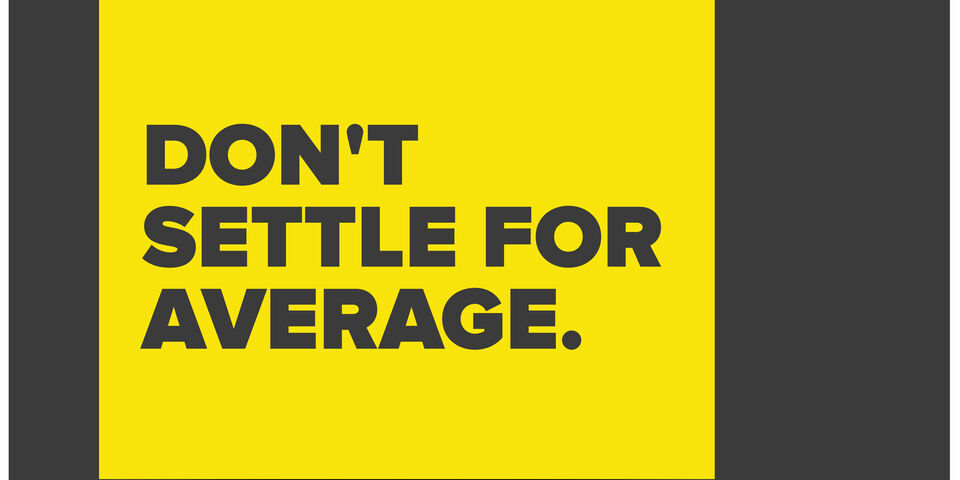VVD unhappy with change in program assessment
In the future, university programs that pass the quality assessment will no longer be graded as ‘good’ or ‘excellent,’ but only as ‘sufficient.’ Coalition party VVD finds it regrettable that as a result, prospective students will not be able to immediately single out the programs that stand out from the rest.
Last year, parliament decided that accreditation organization NVAO may only asses whether a program meets the legal standards. NVAO and the Inspectorate of Education had already indicated that the differences between the designations ‘good’ and ‘excellent’ are difficult to substantiate consistently.
A mere C grade
Opposition party PVV and coalition party VVD held a different view, and member of parliament Judith Tielen (VVD) put forward a motion (which was accepted) in which she demanded that adequate alternatives to the no longer applicable designations were sought. She believes such designations are of added value because they immediately provide prospective students with insight into the differences in quality between programs, and because they stimulate programs not to settle for a mere C grade.
But whether Tielen gets her way remains to be seen. In a letter to parliament, Minister Ingrid van Engelshoven writes that most programs already strive for maximum quality. And more importantly, the differences in quality that “exist in different areas” can simply not be clarified at a single glance.
People who are interested should read the review rapports, the minister suggests. Student organizations ISO and LSVb have also informed the minister that most students simply want to know if a program meets the quality demands.
Summaries
The minister has promised that from now on, the NVAO will publish easily readable summaries as a complement to their assessment reports. Studiekeuze123 will refer visitors to their website to the most recent versions of these reports, allowing prospective students to read the NVAO’s opinions on a program for themselves. But the minister already made that promise earlier, before Tielen had put forward her motion.
On being asked if she was satisfied, she therefore answered “not entirely. It is unfortunate for prospective students, but also for the programs that work very hard and aren’t recognized for it anymore.” Tielen is not sure if she is going to propose an alternative. “For now, I’ve accepted the situation.”
‘Excellent’ programs and the makers of Keuzegids have said last year to regret that the assessment no longer makes distinctions.


Discussion